What is Juvenile Dependency?
A minor child needs proper and compassionate parental care, supervision, and control. Juvenile dependency is what occurs when a child is made the temporary ward of an Arizona court because of allegations of an available parent or guardian who is willing and able to provide proper care and control for a minor child.
A dependent child could be a minor child who is destitute, or who is not provided the necessities of life (including adequate food, shelter, medical care, and clothing), or who comes from a home that is determined to be unfit or unsafe because of neglect, cruelty, depravity, or abuse at the hands of their caregivers. Dependent children do not always require inappropriate parents or parents who act in bad faith. Even the kindest and most well-meaning parents can end up in situations where their children have special needs or are dangerous to themselves or others, and they cannot properly care for or control the child.
In most cases, the Department of Child Safety (DCS), formerly known as Child Protective Services (CPS), does not intervene unless someone has filed an official complaint. However, once the courts and government offices intervene in a dependency case, they can be relentless in pursuing their goals in the hopes of protecting and safeguarding the well-being of children.
Arizona State is not the only party that has the right to file for juvenile dependency. Parents and other interested parties may also file for juvenile dependency because they care for a child and want to help them out of a bad situation. This is known as a “Private Dependency.”
At our law firm, we represent all parties interested in dependency cases, whether they are concerned about the welfare of a child, parents wrongfully accused of neglect, or, in some cases, other relatives of the child. To learn more about our legal services, don’t hesitate to get in touch with our highly skilled legal team to schedule your initial case evaluation today.
When Might a Child Require Dependency Status?
Depending on the situation, which will be judged on a case-by-case basis, a child may need dependency if they meet certain requirements.
These include:
- The child lacks care and supervision in the absence of adequate caregiver attention.
- The child has no legal parent or guardian.
- The child is not receiving the daily basic needs, such as adequate food, shelter, medical care, or clothing.
- There are allegations of abuse, cruelty, depravity, or neglect in the child’s home at the hands of the parent, guardian, or caregiver.
- The child has special needs but lacks adequate medical services.
- The child is malnourished and living in poor living conditions.
- The child has been abandoned.
- Severe unmanaged mental health of the parent or guardian, rendering them incapable of providing adequate care.
- The child is out of control, potentially posing a threat to themselves or others, and the parents are unable to control the child.
- Allegations of sexual abuse of the child.
- Child neglect.
- Serious drug or alcohol problems of the parent, rendering them incapable of providing adequate care.
What Are Some of the Scenarios Associated with Dependency?
If a child is named a court-appointed dependent, there may be severe consequences for the parents, guardians, and other caregivers involved in the dependency case.
These include:
- Parental rights termination.
- Legal emancipation.
- Paternity disputes.
- The adoption process.
- Severance of parental rights.
When is it Appropriate for Third Parties to Step In?
There are certain situations where it may be appropriate for third parties to intervene in legal dependency matters.
Intervention can be necessary when the interests of the third party are not being properly represented in the dependency proceedings. For example, if one parent is not involved in the case, a relative may wish to step forward and assert their rights.
Interveners are encouraged to retain professional legal counsel when exploring their options during dependency cases. Contact our Phoenix law firm for more information.
What is the Juvenile Dependency Process in Arizona?
Any interested party, including DCS, may file a dependency petition with the juvenile court, alleging that a child needs court intervention. The dependency petition must provide specific information related to the case, including the names and addresses of the caregivers, details about the child, whether or not the child was taken into temporary custody, and a statement of facts supporting the dependency claim.
Once the petition has been filed, it is essential to serve it. The petition and a notice of a court hearing will be served on the parents, guardians, and the child’s attorney.
If deemed necessary, a family law court may issue temporary orders to ensure the safety and welfare of the child. This could involve removing the child from their home if there is an imminent threat of physical or mental harm to the child.
The court will schedule a pre-hearing conference and a preliminary protective hearing. In these hearings, a parent can dispute the removal of a child from their home and attempt to clear their name. Things will become more complicated from here, likely resulting in a series of additional courtroom appearances.
A dependency order usually lasts until the child turns 18 or until the court dismisses it, as a parent may now be determined to be minimally adequate to provide care.
What is a Team Decision Making Meeting (TDM)?
DCS will hold a TDM within three days of the removal of a child from parental custody. TDM meetings provide parents and DCS an opportunity to discuss concerns, possible placement issues, and other services that may help the child in their situation.
A parent or guardian is recommended to bring support to a TDM meeting.
Schedule a Confidential Case Evaluation with Our Law Firm Today
It is essential to retain professional legal representation, regardless of whatever your role might be in a dependency case. Family law attorneys of our Phoenix law office have years of experience handling complex family law cases, including juvenile dependency matters. We can help ensure the safety and welfare of the child while also looking after the legal rights of parents and legal guardians.
Remember, you do not need to face the judge or DCS alone. For legal assistance, contact an experienced attorney at our law firm. You may reach us at 480-448-0608.







